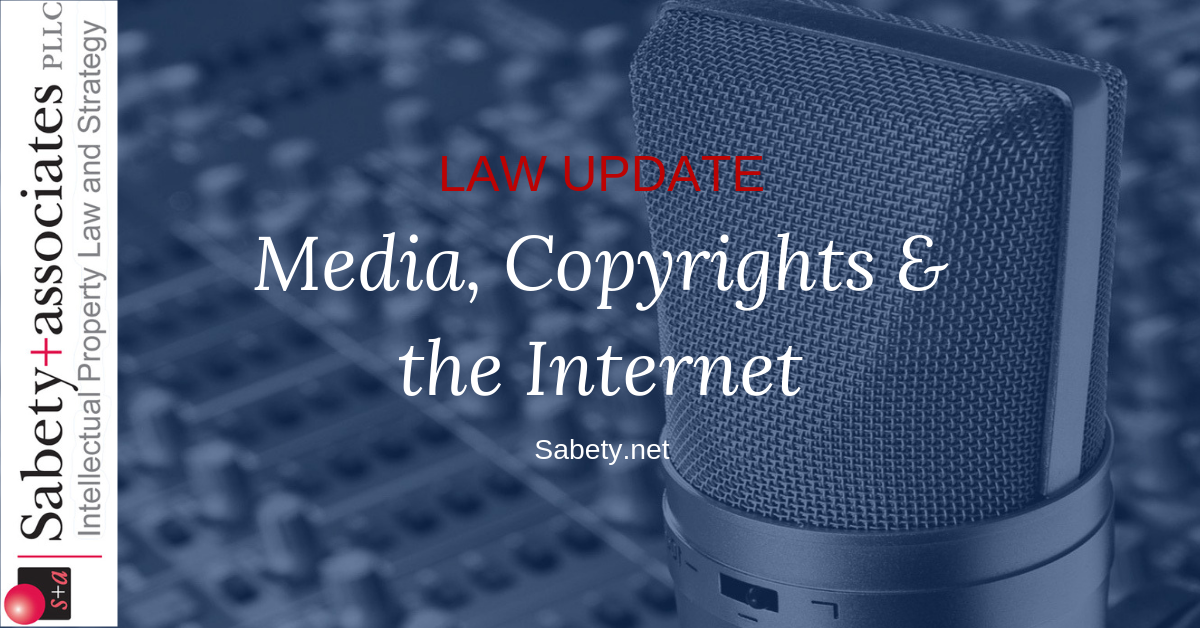The Federal Communications Commission by a vote of 3-2 just released its new “net neutrality” regulations.
The earth-shaking decision is that the F.C.C.’s order “reclassifies ‘broadband Internet access service’… as a ‘telecommunications service’ under Title II.” That reclassification provides the F.C.C. the legal authority to issue regulations over Internet service providers than before, according to the D.C. Circuit court, the F.C.C. did not have the authority to issue.
The substance of the regulation bans “Paid Prioritization” of network traffic, “Blocking” certain websites of content and “Throttling” of network speeds to favor one website over another. According to Commissioner Wheeler, “[t]hese enforceable, bright-line rules assure the rights of Internet users to go where they want, when they want, and the rights of innovators to introduce new products without asking anyone’s permission.”
In dissent, Commissioner Pai considers this result a “radical departure from the bipartisan, market-oriented policies …”, that it constituted “flip-flopping” and says that “President Obama told us to do so.” This view may forget that the D.C. Circuit struck down the prior version of the regulations under the prior classification. So you could say the Federal judge told the F.C.C. to do it. But he does include this nugget that “the Secretary General of the European People’s Party, the largest party in the European Parliament, observed that the FCC, ‘at the behest of . . . [P]resident [Obama] himself,’ was about to impose the type of ‘[r]egulation which . . . has led Europe to fall behind the US in levels of [broadband] investment.’” Earth-shaking that a Republican Commissioner cites a European parliamentarian as authority over U.S. regulatory law. More to the point is whether this new regulatory regime is similar to how the South Koreans do it, where it is reported that broadband penetration is over 90%—giving rise to such innovations like the song “Gangnam Style.”
The new regulations are about 2 pages of substantive regulation, out of 400 pages of factual findings and commissioner statements. Thankfully, it wasn’t the reverse. Commissioner Pai expects the regulations to be challenged in D.C. Circuit court once again.

